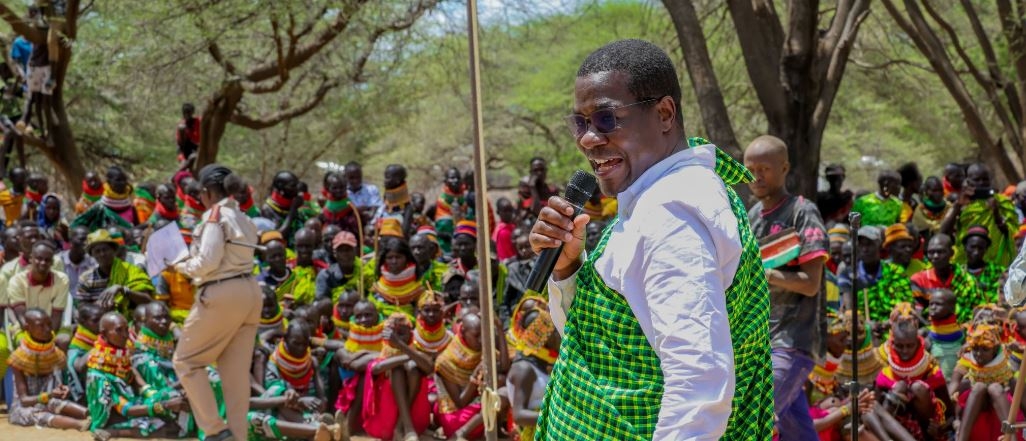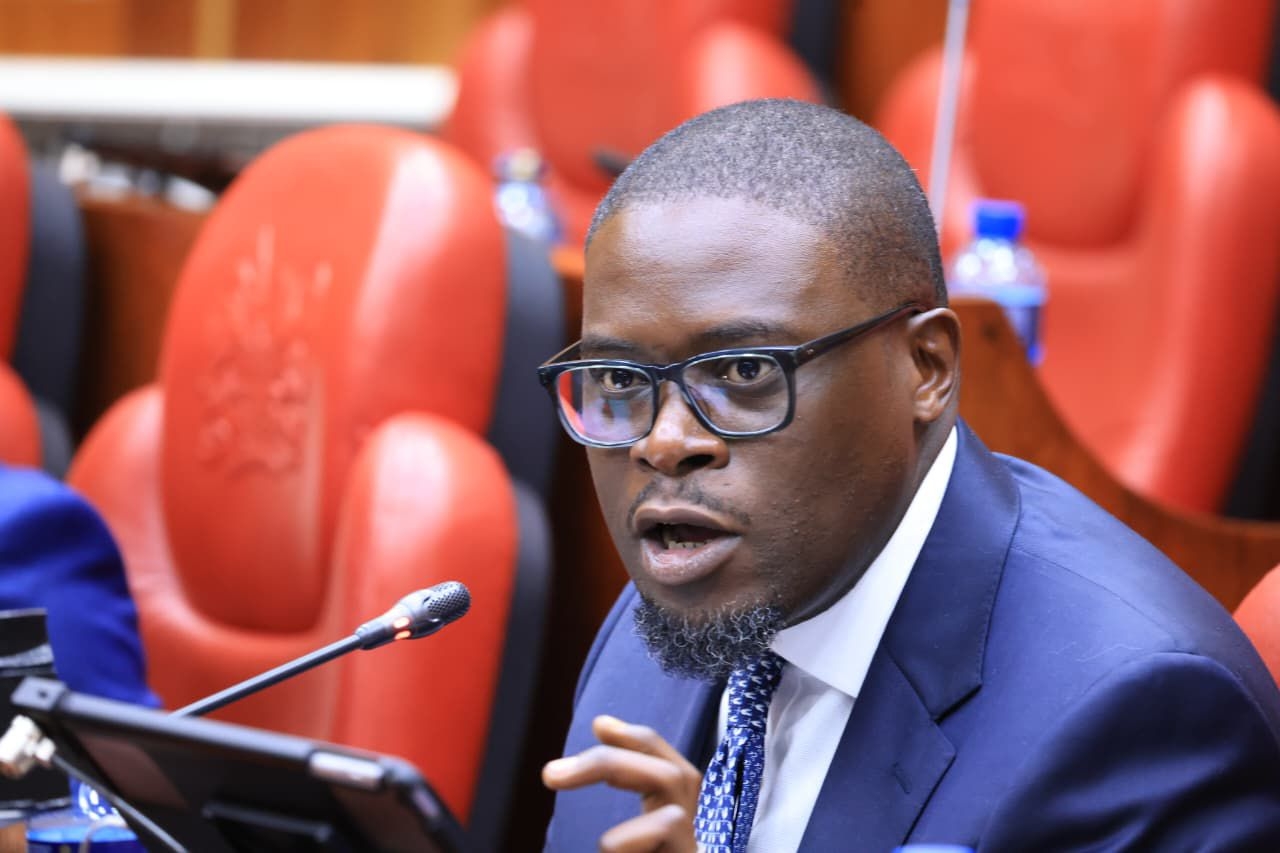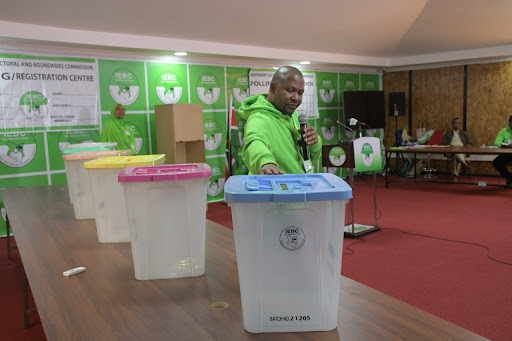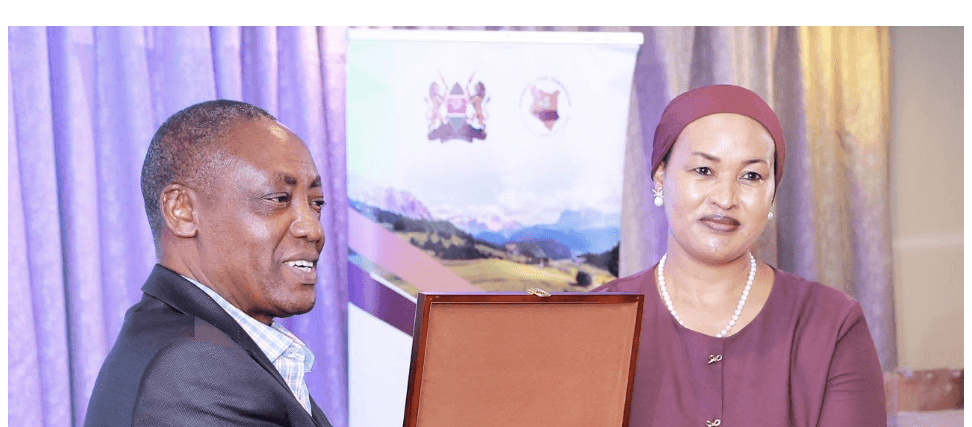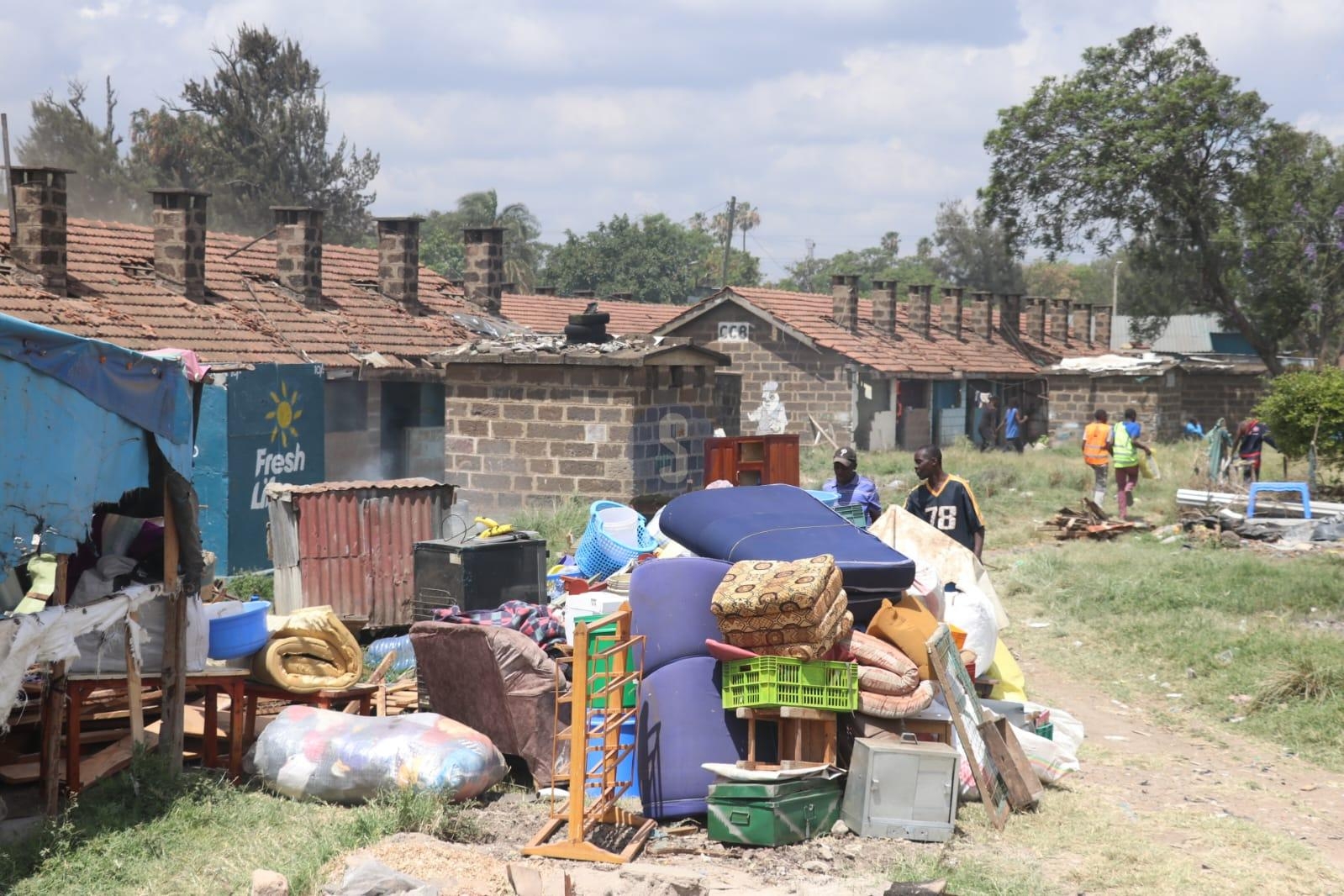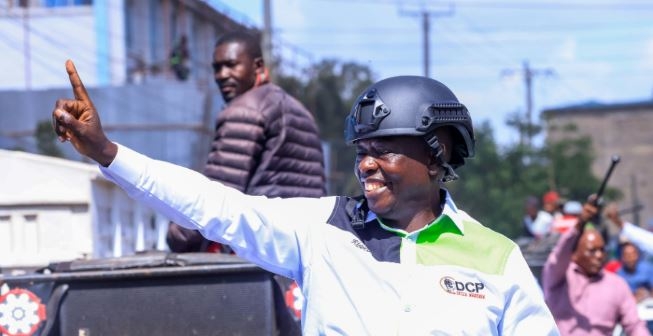Mombasa Governor Abdulswamad Nassir has ordered a crackdown on bars and liquor stores operating near education and religious institutions.
The governor ordered that no bar or liquor store will be allowed to operate within a radius of 150 metres from any academic or religious institution within the county.
Nassir was speaking at the Treasury Square outside the Mombasa County Assembly building after leading hundreds of Mombasa residents for a procession to mark International Day Against Drug Abuse and Illicit Trafficking.
“We are not going to allow bars to continue operating near the school and our places of worship. I hereby direct the Department of Trade and Investments to map out areas of worship and learning because we can’t allow that to continue happening,” he said.
Nassir lashed out at security agencies and intelligence officers for letting down Mombasa people in the fight against the menace that is threatening the future of Mombasa youth.
He said people were beginning to lose faith in the security agencies as no major drug trafficker or baron has been arrested and prosecuted.
“We are demanding that the police publish a report on the number of barons and traffickers they have managed to arrest and successfully prosecuted. They need to stop going for these small peddlers and users and go for the big fish,” Nassir said.
“It is mind-boggling that with the high intelligence service that we boast of as a country, they are not aware of the people trafficking drugs into our county and country. If they have failed let them tell us and allow us as a county to take over the matter and see what we will do.”
Kenya has been ranked highly by the World Drug Report.
The latest statistics from the National Authority for the Campaign Against Alcohol and Drugs Abuse (Nacada) show there are 100,000 drug addicts at the coast.
This has not included those using alcohol, muguka and miraa (khat)
The report states that 20,000 people are injecting drugs like cocaine and heroin while those not injecting are nearing the 100,000 mark.
The governor at the same time urged politicians from across the political divide to come together and fight the menace.
He said the fight against drug abuse has for many years been used as a campaign tool. He said some Mombasa politicians use it for political mileage.
Nassir said it was time to stop using political mind games at the expense of the lives of the people of Mombasa.
The governor also ordered that all levies collected from liquor licenses be channelled to rehabilitation works to help treat and reform addicts.
He said the county is planning to set up two rehabilitation centres, one for women and another for men to help the youth who have plunged into the drug abuse menace.
Nassir also ordered the education department to come up with a motivational programme for students during holidays to ensure they are engaged and transformed to become responsible citizens.
Mombasa Deputy Governor Francis Thoya said cases of insecurity attributed to juvenile gangs in parts of the county, especially Likoni and Kisauni constituencies, were directly related to the drug abuse menace.
Thoya said there is a need to get to the root of the vice. He urged security agencies to scale up operations to apprehend traffickers.
He also said that engaging the youth in employment opportunities will have a significant impact in curbing the vice and lowering crime rates.
“While we were conducting a monitoring and evaluation of the Mombasa Yangu programme initiated by the governor, we discovered quite a number of youth who were engaging in crime and drugs absorbed in the programme had transformed,” Thoya said.
Taib Abdulrahman, the executive director of Reachout Center Trust urged the community to show empathy to recovering addicts to help with the reintegration process.
Reachout Center Trust is a non-profit organisation founded in 2003 with the main mandate to provide preventive and treatment services to people with substance use disorders and HIV-Aids in the coastal region.
Abdulrahman said many addicts who had completed rehab were experiencing hostility from the community.
“It is for this reason that we have started a drop centre for them to come and get different services including clinics, and psychosocial support among others. We have begun a campaign we call ‘Support Don’t Punish’ to push for the safe reintegration of the recovering addicts,” he said.
Abdulrahman added that the centre was also working to have them registered with NHIF and reuniting them with their families.
They serve about 250 individuals daily and give them meals and counselling services





